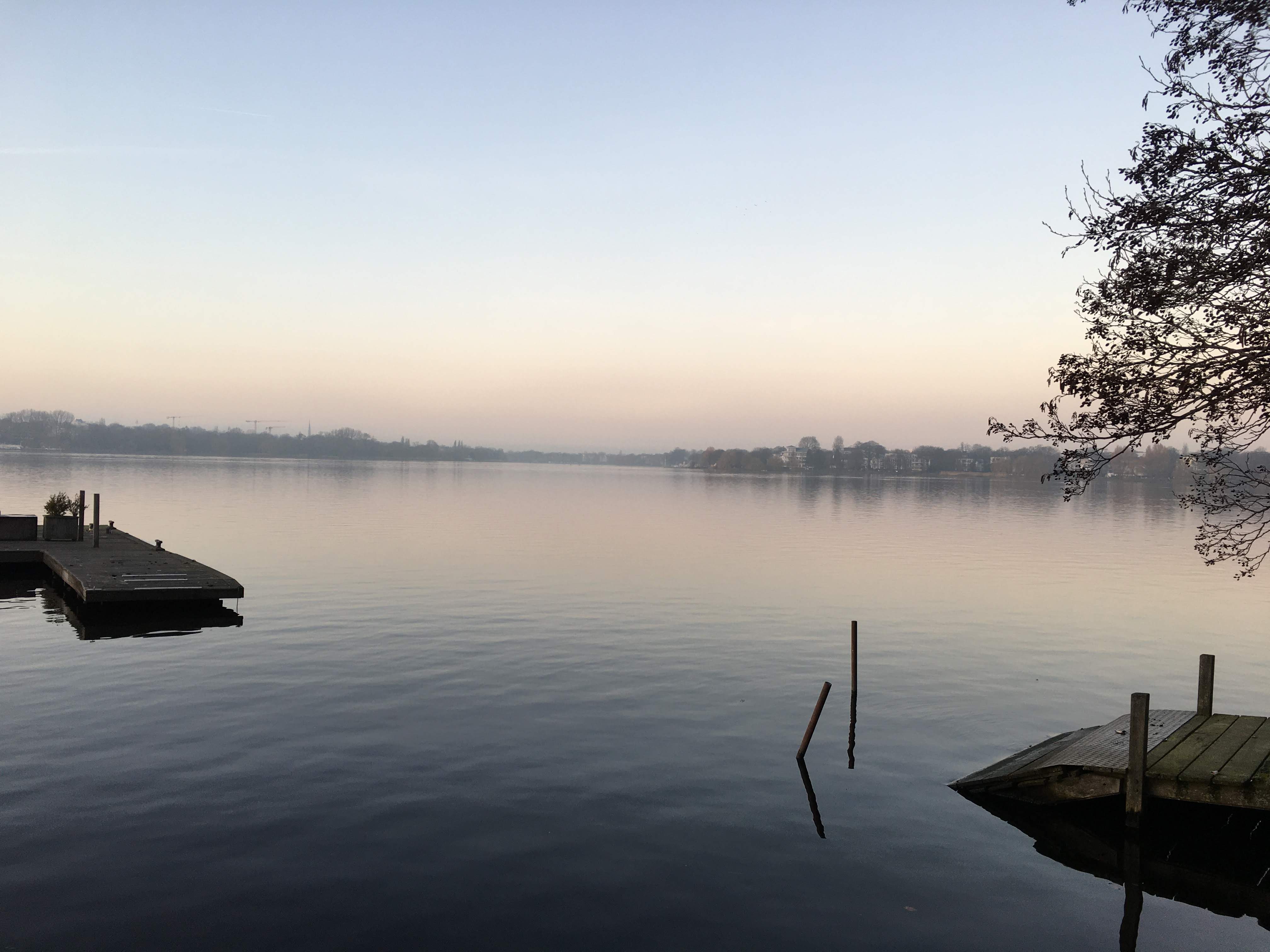Kummerspeck
I wasn't planning on writing about death this week, but then again, I wasn't planning on my brother dying unexpectedly at 45 years old. I have been lucky in that I have been spared the pain of losing a close relative up until this point in my life. Grandmas and Grandpas sure, but never a parent, sister, or brother, until now.
When I first got the news that he had died, I felt an all-encompassing numbness, an indifference to the world around me, and a strong sense of disbelief. "Erik? Dead? No way!" I thought. Siblings aren't supposed to die until we're all walking with canes and sucking jello through a straw in a dilapidated retirement home. The universe though, does not care about or cater to one's ideas about how the world should be, it simply is, which in turn, lead to my brother being simply not.
It is during times like these when one of the less-talked-about but extremely real aspects of being an immigrant comes violently into focus: distance. Physical distance, which often leads to emotional distance, but certainly creates logistical barriers to being there for your family in times of tragedy and need, and vice versa. While the rest of your family is huddled together mourning the loss, you are frantically searching plane tickets and debating if you have the money and time to fly 10 hours, go to the funeral, and immediately fly 10 hours back. You might come to the realization that no, you don't have the money or you can't get the time off of work, or abandon your responsibilities here, or all of the above. You might have to make peace with the fact that you will be "attending" your brother's funeral virtually via video conference.

The Außenalster, a lake in the center of Hamburg, as viewed during a cold winter walk
Of course, I chose to live here and do, in general, greatly enjoy it. But is important to point out that there are occasions where the consequences and trade offs of the choice to immigrate to a foreign country far from your family or established support network will be made very real to you. Such occasions may come out of the blue, robbing you of any capacity to mentally or emotionally prepare for them.
During such moments in time, in an attempt to ground yourself, you might ask: Why am I here? Your answer to such a question will be invariably personal and something you don't wish to share with random strangers on the internet, but I will share mine. I am here because of my son, who was born here and whose life I intend to be a part of. I want to watch him grow up, be there for him when he needs me, and make memories with him while I can. In a few short years my time with him, and especially the time which he desires to spend with me, will be mostly dried up. I hope by this time to have many fond memories to fall back on as he sets out into the world on his own course. Perhaps then I will return to the country where I was born, but perhaps by then Germany will be my home, and I will live out the rest of my days here.
A forest path in the winter, near a train station in Volksdorf, a quarter of Hamburg in the northeast
But even knowing why you are where you are will not lesson the grief of losing a loved one, the distance between you and your family back home perhaps even exacerbating it. You might, in an attempt to console yourself, "eat your feelings" as they say. I myself am no stranger to this activity. In German, there exists a specific word for the weight gained from emotional eating due to grief. This word is "Kummerspeck." It comes from the words "Kummer," meaning grief or sorrow, and "speck," meaning bacon or fat, but in this case fat. Although I've rarely if ever heard the word in use by a native speaker, it is an actual word and one that exemplifies how wonderfully specific the German language can allow you to express an idea.
In spite of the specificity provided me by the German language, I find it impossible in either German or English to adequately express the range of emotions that swirl inside of me when I think of my brother simply not existing anymore. Disbelief? Sadness? Anger? All of them at once and yet none of them in their fullest measure? Attempting to even casually analyze my internal emotional state leaves my head hurting and heart aching, so instead, if you need me, I'll be ingesting copious amounts of comfort food, adding millimeter after millimeter to my "Kummerspeck."
